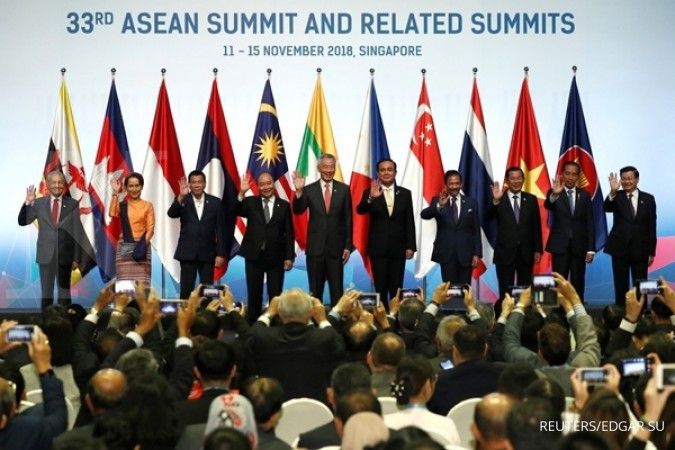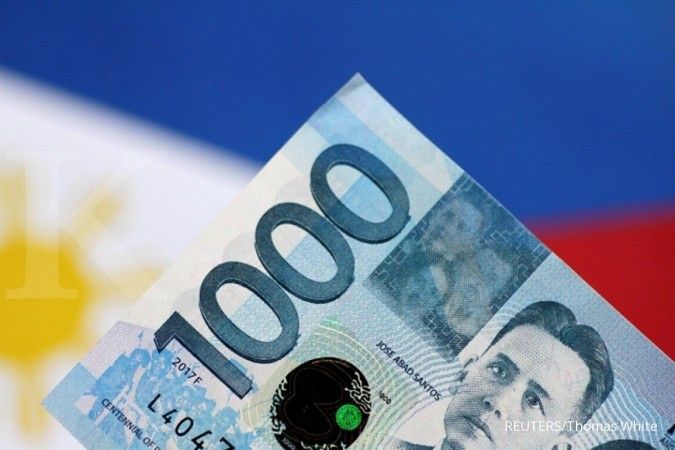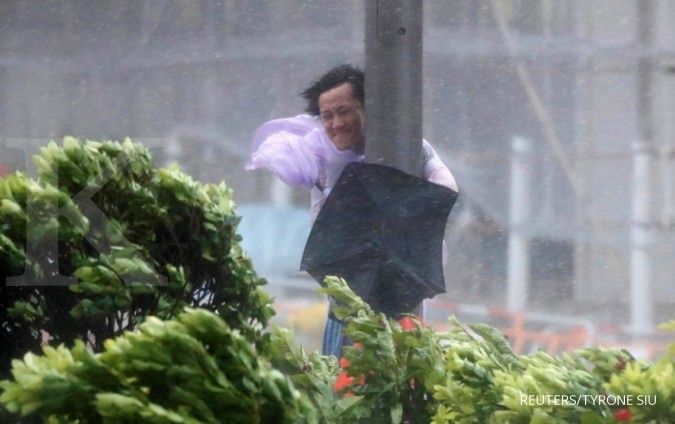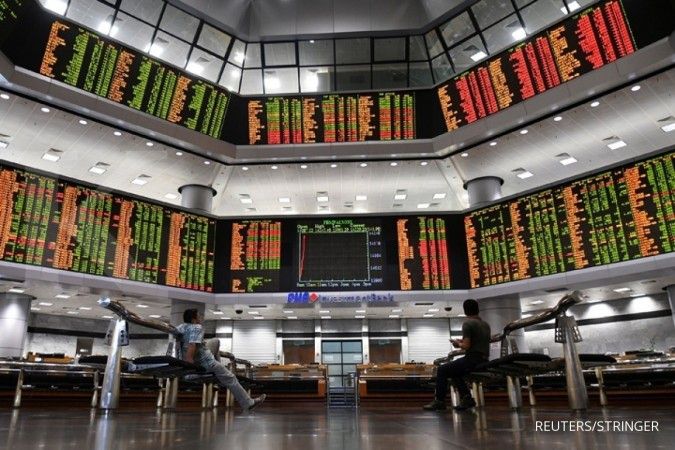CREDIT INTEREST RATE - MANILA. The Philippine central bank is widely expected to keep interest rates steady on Thursday with inflation seen easing further after it slowed to a four-month low in November, a Reuters poll showed.
Eleven out of 13 analysts polled expect the central bank to leave the overnight reverse repurchase rate at 4.75 percent, after hikes at each of the last five meetings raised it by a total 175 basis points (bps).
The other two forecast a further hike of 25 basis points (bps) when the Bangko Sentral ng Pilipinas (BSP) reviews monetary policy on Dec. 13.
Annual inflation eased for the first time in nearly a year in November, slowing to 6.0 percent from 6.7 percent in the previous two months, when it had been its highest rate in nearly a decade.
But core inflation, which strips out volatile food and fuel items, rose to 5.1 percent from October's 4.9 percent, prompting BSP Governor Nestor Espenilla to say that "monetary policy will need to stay vigilant to keep inflation under firm control."
"We expect the BSP to take stock of its recent actions at the December meeting, using it to discuss any need for future rate hikes and to guide markets on the year ahead," said Noelan Arbis, economist at HSBC in Hong Kong.
Analysts are split on the outlook for next year, with some expecting the BSP to resume hiking rates as early as the first quarter. Others believe the tightening cycle may be over and that the BSP's next move in 2019 may be a rate cut.
BSP Deputy Governor Diwa Guinigundo said average inflation in 2019 and 2020 could even be lower than the central bank's forecasts of 3.5 percent and 3.3 percent, respectively, because of easing food and fuel prices.
With inflation seen returning to within the central bank's 2-4 pct target range next year, Capital Economics economist Alex Holmes said further rate hikes in 2019 are unlikely.
But HSBC's Arbis said fresh price pressures could arise from a second tranche of excise tax increases that would justify a 25 bps hike in first quarter.
President Rodrigo Duterte on Tuesday approved a further hike in excise tax on fuel products from January 2019, reversing an earlier stance to postpone it following a slide in global oil prices.
/2016/12/20/149072430.jpg)













